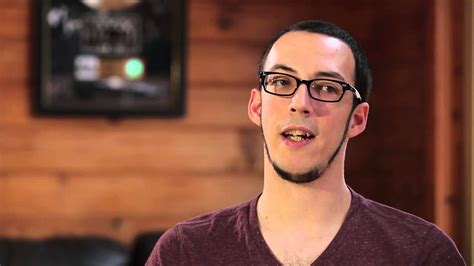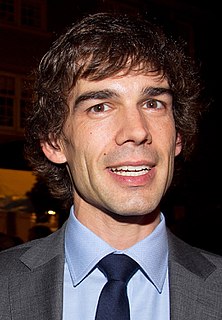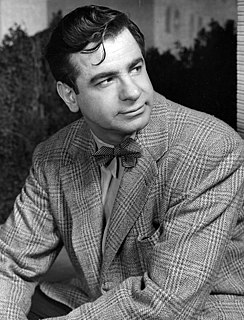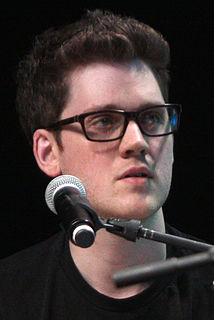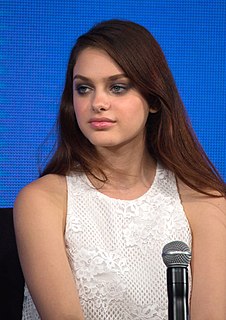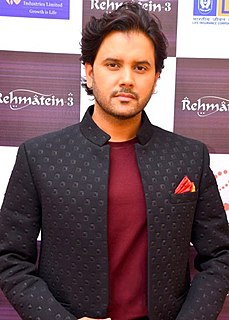A Quote by Pauline Oliveros
I noticed you could monitor the recording that you're making, but you could also monitor the playback head. There's a little distance between them and so you get an echo, right? If you change the amplitude of, say, the playback and play with that, you get different qualities and different sounds. So I was very interested in that phenomenon.
Related Quotes
You get some directors, and I can never understand it - there's a thing they call the 'video village' where all the monitors are, and you've probably seen it on set visits - I hate that! I never, ever like sitting in video village. I get either my own monitor or a hand held monitor, and I stand right by the camera.
I prefer to have playback, but sometimes, you can't have that under most circumstances. First, it is expensive because you need a playback operator and secondly, it threatens a lot of directors. I only watch my performance. I see what is necessary for me so that I can see it right at the moment and I can fix it. That appeals to me a great deal.
Once I'd worked out that I couldn't possibly expect people to enjoy a monstrous, 3000-page book, I realised I could in fact create a labyrinth of a story with four different points of entry. But what interested me was creating something that would rearrange itself every time you read one of the other books. So depending on which order you read them, the implications and angles would change. To get that right, each one of the books had to have its own personality and texture -- even though they are connected, they are very different creatures.
I noticed a lot of bands always having a few people in the band being interested in recording and audio production, so I got the idea to create products that would appeal to them. Rather than create tools that only engineers could understand, I designed tools that any musician could use and get instant great sounding results.
Not only do I look at the playback with the actors, but I look at the on-set assembly footage with the sequences with my actors as well. These are the reasons why I take twice as much time to shoot a film in Korea. Thinking back, I remember on my first ever Korean film, I never used any playback or on-set assembly, so all I had to do was to tell myself it's just like making my first ever Korean-language film. After that, I felt right at home.
I could play a cop, I could play a crook, I could play a lawyer, I could play a dentist, I could play an art critic-I could play the guy next door. I am the guy next door. I could play Catholic, Jewish, Protestant. As a matter of fact, when I did The Odd Couple, I would do it a different way each night. On Monday I'd be Jewish, Tuesday Italian, Wednesday Irish-German-and I would mix them up. I did that to amuse myself, and it always worked.








